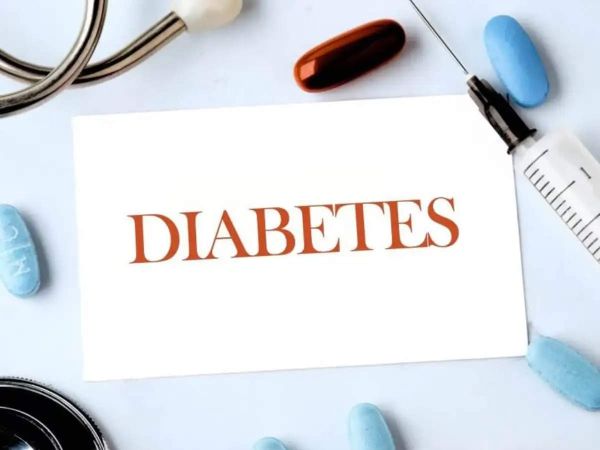
World Diabetes Day is celebrated every year on 14 November, which aims to raise awareness about diabetes and share ways to prevent it. However, many myths and misconceptions about diabetes are spread in the society, which can be harmful for the patients. In such a situation, it is important to know the truth of these myths, so that diabetes can be controlled with correct information.
Let us know the five major myths related to diabetes and their truth.
1. Myth: Only eating sweets causes diabetes
Truth: This is the biggest myth that only eating sweets causes diabetes. Although eating too much sugar can lead to weight gain and also increases the risk of diabetes, there are many other reasons for diabetes. These include genetic factors, lifestyle and obesity. Type 1 diabetes is an autoimmune condition in which the body's immune system attacks the insulin-producing cells of the pancreas.
2. Myth: Diabetics can't
eat fruits Truth: Many people believe that diabetic patients should not consume fruits because they contain natural sugar. However, this is not true. Some fruits like apples, pears and oranges have a low glycemic index, which does not increase blood sugar levels rapidly. Consuming fruits in balanced quantities provides vitamins and minerals, which are essential for health.
3. Myth: Diabetes means always taking
insulin Truth: Not every diabetic patient uses insulin. Type-1 diabetes requires insulin, but in type-2 diabetes, blood sugar can be controlled with lifestyle changes, proper diet and medicines. Insulin is used only when blood sugar control is not possible by other measures.
4. Myth: From Diabetes
Truth , Diabetes is a long-term disease and cannot be completely cured. However, it can be controlled by following the right lifestyle and diet. Type 2 diabetes patients can keep their blood sugar normal with regular exercise and a healthy diet, but this does not mean that they are completely cured.
5. Myth: One should only eat carbohydrates
These should be avoided in diabetes Truth: In diabetes, focus should be on a complete balanced diet, not just carbohydrates. Consuming healthy fats, proteins and fiber is also important. Carbohydrates should also be selected correctly, such as consuming complex carbs, which are digested slowly and do not cause a sudden increase in blood sugar levels.